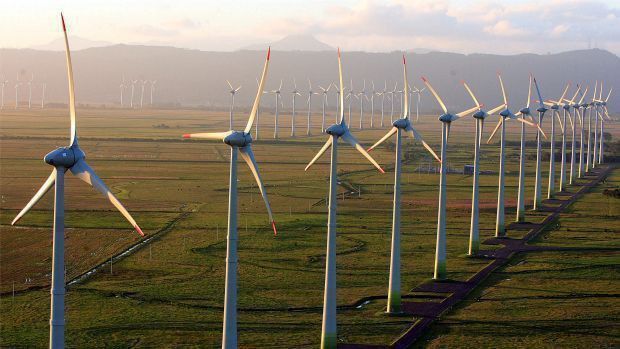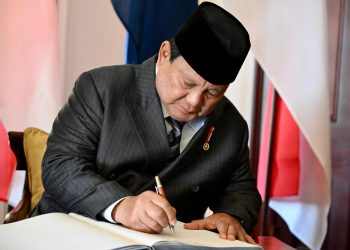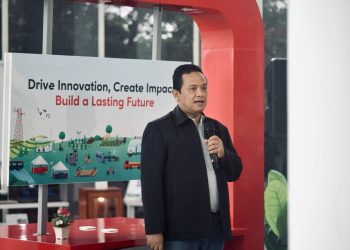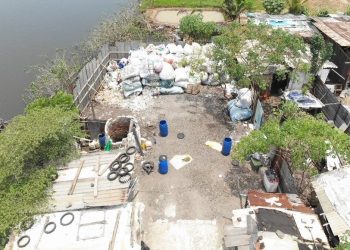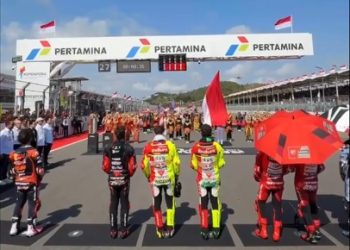Jakarta, Indonesia Sentinel — The local government of Cirebon Regency in West Java has thrown its full support behind a planned wind power project, marking a major step forward in Indonesia’s transition to renewable energy.
The initiative, led by PT wpd Indonesia Energy in partnership with PT Cirebon Tenaga Bayu, involves an investment of around Rp2 trillion (approximately $125 million). Once operational, the wind farm is expected to generate between 100 and 500 megawatts (MW) of electricity, utilizing state-of-the-art wind turbine technology.
Cirebon Regent Imron Rosyadi welcomed the project and pledged the administration’s full backing. He said the development aligns with Indonesia’s national policy to reduce reliance on fossil fuels and represents a key part of the region’s broader energy transformation efforts.
“We hope this project will be a success, especially since the investors have conducted two years of research,” Imron said on Friday, as quoted by Bisnis.com.
Wind studies conducted since 2023 have identified strong potential in the area, with average wind speeds reaching 6.7 meters per second, considered optimal for large-scale wind turbine operations.
Read Also:
Indonesia Unveils Power Sector Roadmap to Drive Energy Transition
The turbines will be installed across several villages in the Sedong and Susukan Lebak subdistricts, including Panongan, Winduhaji, Windujaya, Karangwuni, Susukan Lebak, and Sedong Kidul.
The project would also implement “land-sharing” model, designed to ensure that the wind power infrastructure does not disrupt local farming or livestock activities. Each turbine will be placed in locations that have undergone technical assessments to avoid encroaching on private land, allowing agricultural activities to continue alongside renewable energy production.
In addition to the wind farm itself, the investors have also expressed plans to build a turbine component assembly plant in the region. The move expected to create jobs and stimulate the local economy.
“They’re not just building turbines,” Imron said. “They’re also planning to set up a factory, which means job opportunities for local residents.”
While the project is still undergoing permitting and environmental impact assessments, local authorities have committed to facilitating the process and providing technical support.
The Cirebon administration is also prioritizing public engagement to ensure the project runs smoothly. Officials are working closely with village heads and community leaders to maintain social harmony and minimize the risk of disputes or opposition.
“Community involvement is crucial,” Imron said. “We want to make sure this project moves forward without causing conflict.”
If the project successful, the Cirebon wind power could serve as a model for other regions in Indonesia seeking to balance economic development with environmental sustainability.
(Raidi/Agung)


